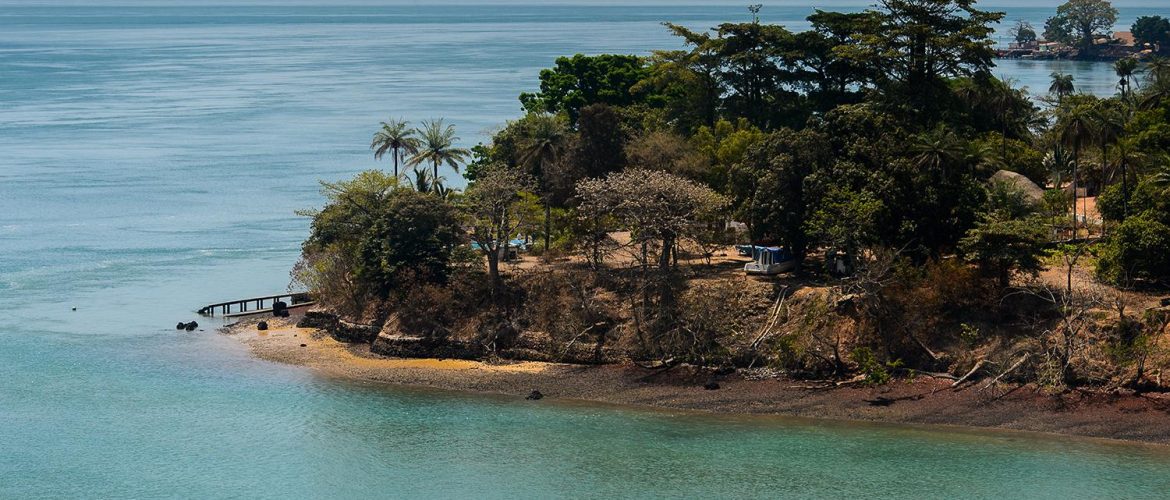The coastal region of Guinea-Bissau is long and forested, bordered by mangrove swamps with estuaries extending far inland, while the hinterland of the country features plains and hills with savannah areas further east. According to Guinea-Bissau’s National Adaptation Programmes of Action (NAPA), the primary drivers of the climate vulnerability of the coastal areas and communities are physical exposure, dependence on agriculture and fishing as main livelihood options, and poor governance.
Low-elevation coastal zones stand out as one of Guinea-Bissau’s indicators of physical vulnerability. Given its vast and largely low-lying coastal area, rising sea levels are projected to be a major concern for Guinea-Bissau. Climate change is predicted to also have adverse effects on fisheries and fishing, on rising sea temperatures, acidification, and loss of nursery areas. These hazards affect the availability of fish, limits the livelihoods of fishermen, and leads to precarious food security as sea foods are the main sources of proteins for the coastal communities.
To address these challenges, Guinea-Bissau needs to have the capacity at national, regional and local levels to develop, plan and implement coastal management measures that increase resilience of coastal communities’ livelihoods and economic activities to climate change induced risks. The “Strengthening the Adaptation and Resilience Capacities of Vulnerable Communities in the Coastal Zones of Guinea-Bissau to Climate Risks” GEF Project will leverage a proposed US$12 million Global Environment Facility Least Developed Country Fund Grant to develop the strong institutions and policies needed to improve risk management in coastal zones, protect investments in coastal infrastructure and diffuse new technologies to strengthen resilience within coastal communities. More details about the project in the GEF project page.
The SESA, carried out under this GEF Project, aims to identify and assess the significant and probable environmental and social impacts of coastal zone development activities and propose a framework plan that guides the economic and geo-ecological zoning of these coastal zones. SETIN, in consortium with PD Consult, is responsible for this consultancy.


